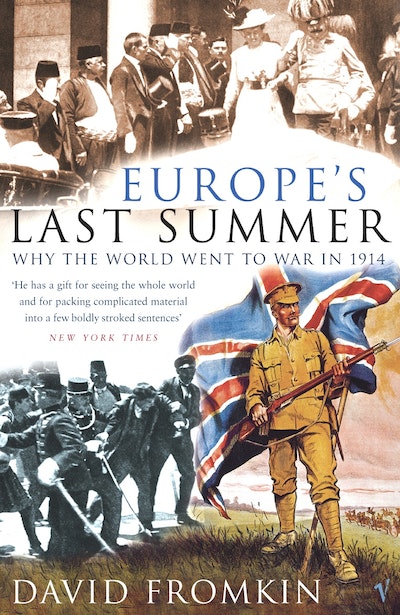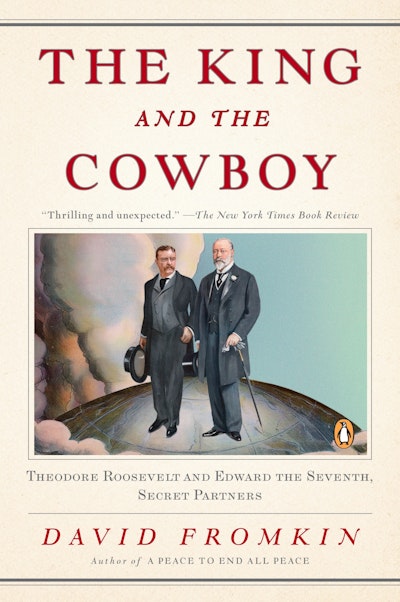[]
Europe's Last Summer
Formats & editions
Buy from…
- Published: 1 September 2010
- ISBN: 9781409044024
- Imprint: Vintage Digital
- Format: EBook
- Pages: 384
He has a gift for seeing the whole world and for packing complicated material into a few boldly stroked sentences
New York Times
Fromkin gives some excellent pen portraits of the principals and uses quotations to deadly effect
Sunday Times
An enormously impressive book, a popular history brimming with fresh scholarship
Weekly Standard
An absorbing history of WWI's origins... Superb
Newsweek
A crisp, lively, day-by-day account of that fateful summer... This book, both decisive and nuanced, is as convincing as it is appalling
Foreign Affairs



